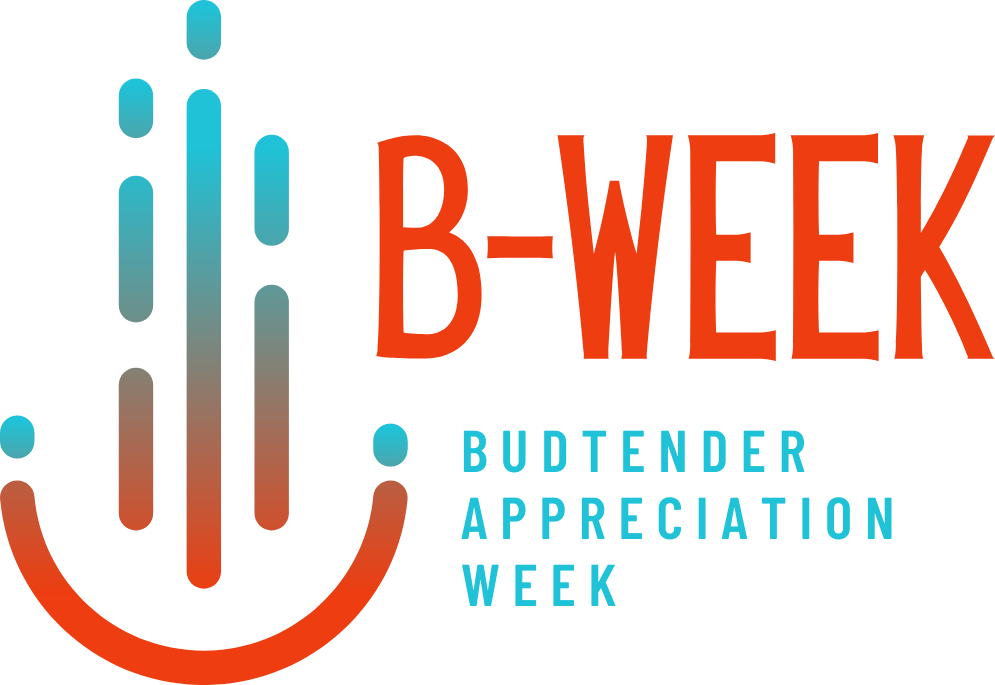For the third year in a row, the senate of North Carolina approved the Compassionate Care Act. The measure aims to allow the sale of marijuana and marijuana-infused products to patients who qualify under a set of strict conditions, utilizing a regulated medical marijuana system. Despite this progress, the legislation is presently stuck in the house.
Adding to the complexity, a recent decision by the Supreme Court has influenced the discussion around reclassifying marijuana as a Schedule 3 drug. Changing its classification from Schedule 1 to Schedule 3 would formally recognize its medical use, representing a small yet significant step toward legalization in North Carolina.
Earlier this year, the Eastern Band of Cherokee Indians launched the state’s first dispensary for medical cannabis, sparking renewed hope among Charlotte’s hemp entrepreneurs for the broader acceptance of medical cannabis. However, the dispensary operates outside of state law because of the tribe’s sovereign status.
According to Natacha Andrews, National Association of Black Cannabis Lawyers CEO, a majority of North Carolinians support the legalization of medical cannabis, despite a “stigma wall” that some legislators and residents still hide behind. Andrews pointed out that more than 80% of respondents in polls have expressed support for medical cannabis. However, some individuals self-exclude from the conversation due to long-standing beliefs instilled by their upbringing, religious teachings or societal norms that associate cannabis with negative connotations.
The proposed legislation is designed to aid individuals dealing with severe medical conditions such as PTSD, cancer and epilepsy. It has garnered bipartisan backing in the state legislature, including support from Republican Senator Bill Rabon, who has openly credited cannabis with aiding his recovery from colon cancer.
Conversely, Senator Jim Burgin, another Republican, argued that cannabis is not a recognized medicine, pointing out its lack of FDA approval and its current status as a controlled substance. Even if marijuana were to receive federal approval, Burgin stated that he would advocate for restricted forms of administration, such as suppositories, drops or nebulizers, as alternatives to smoking.
Financial projections suggest that legalizing medical marijuana in North Carolina could generate more than $15 million in the first year through application fees and a 10% tax on gross sales. However, Burgin contended that financial gain should not be the driving force behind legalization, especially if the primary goal is to address health issues and support those suffering from conditions such as PTSD.
Andrews believes that the question isn’t if marijuana will become legal in North Carolina, but when. She urges residents and businesses to prepare for the inevitable legalization as societal perceptions and global attitudes toward cannabis continue to shift.
Currently, the bill remains stuck in the house, with Speaker Tim Moore stating that they need 37 Republican votes to bring the bill to the floor. They have yet to secure the necessary support. Marijuana industry players, including major enterprises such as Curaleaf Holdings Inc. (CSE: CURA) (OTCQX: CURLF), will be hoping that the legislators in the state soon find a way to give patients an option of trying medical marijuana as an alternative or complement to the conventional medications they take to combat the diseases afflicting them.
About CNW420
CNW420 spotlights the latest developments in the rapidly evolving cannabis industry through the release of an article each business day at 4:20 p.m. Eastern – a tribute to the time synonymous with cannabis culture. The concise, informative content serves as a gateway for investors interested in the legalized cannabis sector and provides updates on how regulatory developments may impact financial markets. If marijuana and the burgeoning industry surrounding it are on your radar, CNW420 is for you! Check back daily to stay up-to-date on the latest milestones in the fast -changing world of cannabis.
To receive SMS alerts from CNW, text CANNABIS to 888-902-4192 (U.S. Mobile Phones Only)
For more information, please visit https://www.CannabisNewsWire.com
Please see full terms of use and disclaimers on the CannabisNewsWire website applicable to all content provided by CNW, wherever published or re-published: https://www.CannabisNewsWire.com/Disclaimer
CannabisNewsWire
Denver, CO
www.CannabisNewsWire.com
303.498.7722 Office
Editor@CannabisNewsWire.com
CannabisNewsWire is powered by IBN



















